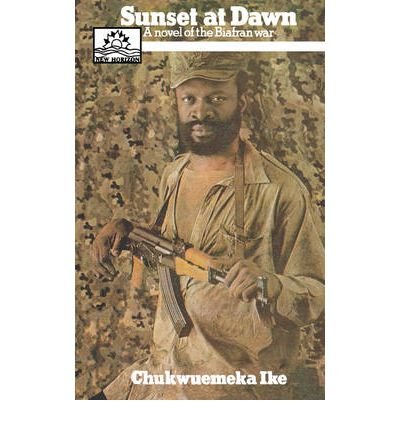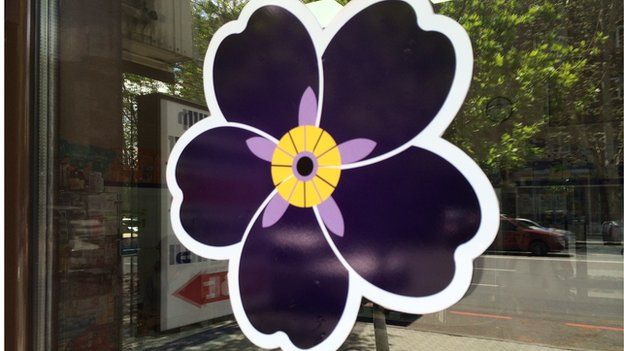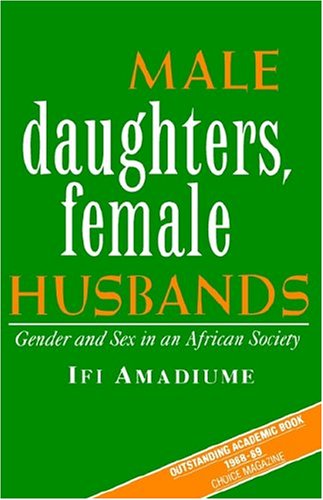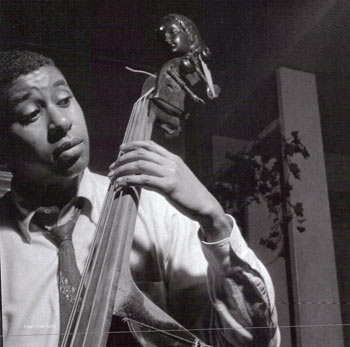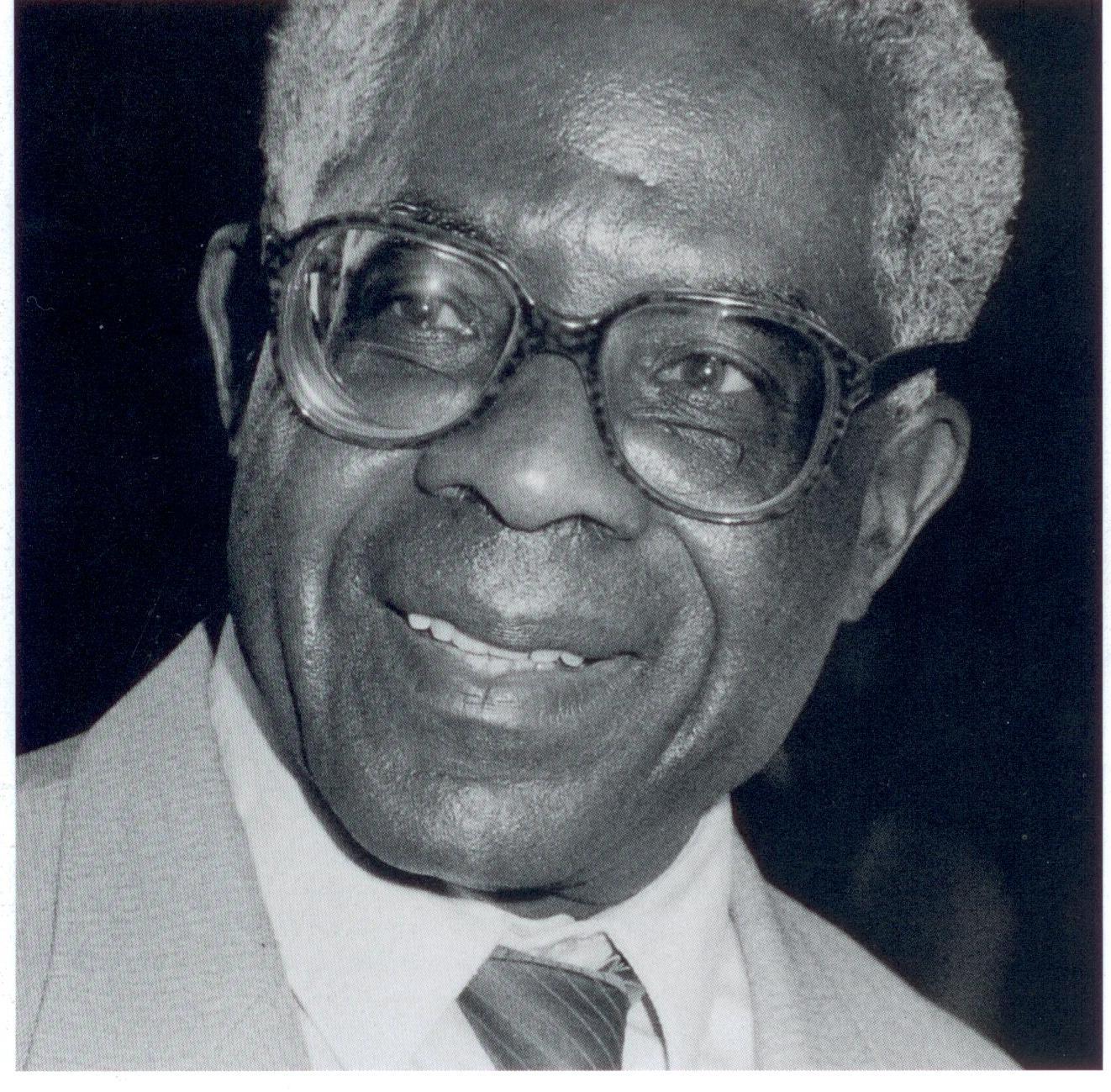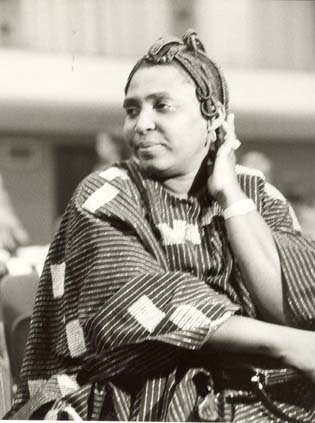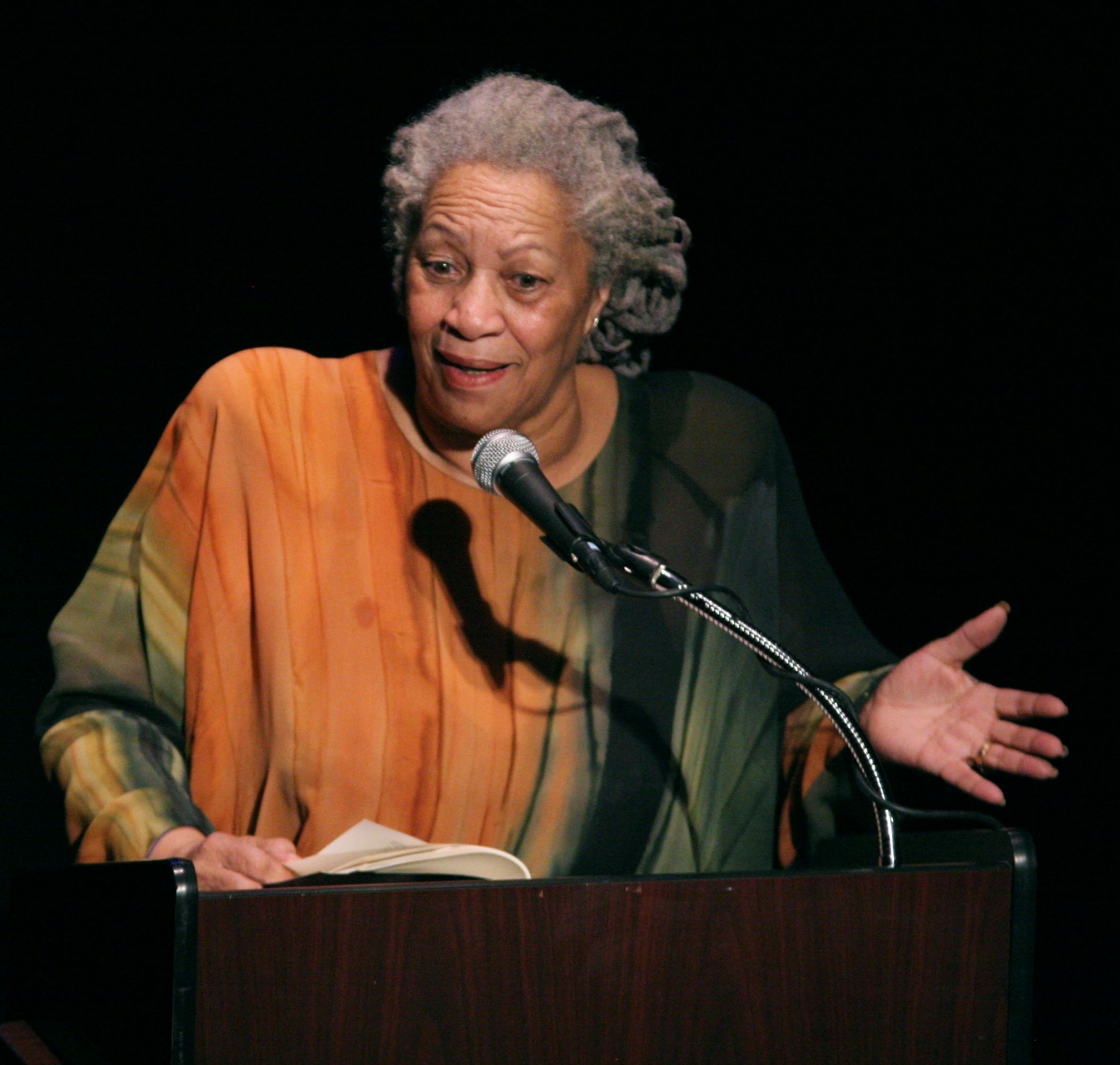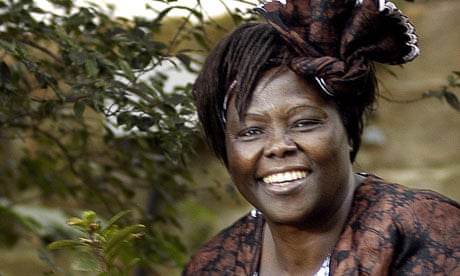(Lovelyn Chidinma Nwadeyi)
My name is Lovelyn Chidinma Nwadeyi. I am a Nigerian. Born in Nigeria to
two Nigerian parents. Raised in Queenstown, Eastern Cape, South Africa, by those same Nigerian
parents right up until I completed my Bachelor’s at Stellenbosch.
Childhood
Growing up in South Africa, I was always reminded by those around me
that I was different to everyone else. In primary school, I had a much darker
complexion than I do now, and super white teeth – the telling marks of a
foreigner that betray you even when you put on your best English accent. It is
just too obvious.
I bear citizenship of both worlds. I speak fluent Xhosa, Igbo, Afrikaans
and English. I can make sense of Tswana and Sotho. I enjoy a good braai, I love
vetkoek and bunny-chow. I can’t get enough of Bokomo WeetBix, I love Ouma’s
rusks and I can pull off my panstulas with any outfit on a lazy Saturday when I
want to head to town. I am the first to break it down with the ngwaza and the
dombolo at the sound of some decent house music or kwaito be it in Pick n Pay
or at a party.
I can sokkie and I enjoy it (albeit with my two left feet). My darkest
moments can be reversed by koeksisters and a cup of rooibos tea any day. I can
jump between the high pitched and arguably annoying accents of some Constantia
moms, the lank kif and apparently sophisticated English of my Hilton brothers
and the heavy accents of my fellow Eastern Capers. I can attempt the fast
paced, lyrical Afrikaans of my “coloured” bothers in the Cape and I can serve
you the best butternut soup you have ever known. I am as South African as you need me to be.
But my ability to navigate all these spaces did not just happen.
Learning to blend into all these spaces was a matter of survival for me.
You see from the day I set foot in Queenstown and started primary
school, it was always made very clear to me that I was an outsider. I only had
white friends from my first few years in school, because the other black girls
couldn’t understand why I was black but only spoke in English. They thought I
thought I was better than them. So I spent most of my breaks humbly eating my
peanut butter and strawberry jam sandwich, surrounded by those who had Melrose
cheese and Provita Crackers with Bovril and/or marmite sandwiches in their
lunchboxes. The rest of the time I spent alone, save the few brave souls of
similar complexion who tried to befriend me.
Father on the road...
What nobody knew was that for the first three years of my life in South
Africa, my little brother and I barely saw my dad more than twice a month. What
was he doing absent from the home, other than selling pillowcases, duvets and
bedsheets, from door to door on foot through the streets, villages and side
roads of the old Transkei and Ciskei? My father would leave the house on Monday
mornings as my mom got us ready for school and he would be gone for
days and weeks selling the few pillowcases and bedsheets he had from door to
door. On foot. We were never sure when he would return. But when he did, we
were always more grateful for his safety and aliveness than anything else.
From Queenstown to Cala, Umtata, Qumbu, Qoqodala, Whittlesea, Mount
Fletcher, King Williamstown, Mdantsane, Bhisho, Indwe, Butterworth, Aliwal
North and even as far as Matatiele and Kokstad. There are so many other places
he went to that I do not even know.
That is how my parents put us through school, until they saved up enough
money to open their own little shop where they then started selling sewing
machines, cotton and then community phones. Then sweets and chips and
take-aways; and then hair products and the list goes on and on. It was on this
that I was able to go through primary school, high school, and university. My
parents have no tertiary education; it was only in their late 40s that both of
them decided to register for part-time studies at Walter Sisulu to get their
Diplomas. Note: Diplomas.
It took them four years, because they were busy trying to keep their
kids in school, and keep selling their sweets and sewing machines while
attempting to dignify their efforts with a degree.
My story is not unique – it is the story of most foreigners in South
Africa. Very few foreigners come into SA with skills that make them employable
here. Unless you are a medical doctor, an academic and maybe an engineer or
well-established businessman before coming here, your chances of getting
meaningful employment in SA are as limited as those of the United States
letting Al-Qaeda members off the hook – almost impossible.
Most foreigners come to SA with the ability to braid hair, carve wood,
or sell fruits, veggies, clothes, fizz pops, carpets and soap before they can
find their feet here. Some are graduates… but what can another African degree do
for you in SA? And any foreigner in SA will tell you that this is the truth.
All of us started from below the bottom. Doing work that carries no dignity, no
respect and very little financial gain. But when you have left or lost
everything that you know and love and end up in a foreign land as unwelcoming
in its laws and restrictions as South Africa, you have little choice available
to you.
I can bet you that there is not up to 10% of South Africans who would be
willing to do the menial and embarrassing work my parents and other foreigners
did for as long as they did it, and for as little as they did it, were you to
ask them today. So it annoys me, to the deepest part of my being when I see a
South African open their mouth and cry “foul” against innocent foreigners.
Let’s discuss this:
Definitions
Arachnophobia – the fear of spiders.
Claustrophobia – the fear of small/tight/enclosed spaces.
Xenophobia – the fear of foreigners.
However individuals who are afraid of spiders do not go around killing
spiders, rather they avoid spiders. Equally, individuals who are afraid of
small and tight spaces do not go around trying to eliminate the existence of
small spaces.
Thus xenophobia does not by definition imply the killing of foreigners.
Yet, we continue to label this current wave of killings and murders in SA as
xenophobic – and now the cooler term – “Afrophobic” attacks. Can we please just
get real? What is happening in SA is a genocide, a genocide fuelled by a
deep-seated hatred for which no single foreigner is responsible.
Before you say this is too extreme, allow me to explain:
Genocide is the systematic/targeted killing of a specific people or
race.
In South Africa’s case, this would be the senseless killings of non-South
Africans, mostly those of African origin and some Pakistani, Bangladeshi and
other non-African minorities.
Cowardly
I think the government, South African and international media are being
too cowardly to call it what it is. They know what is going on in South Africa
and yet they refuse to acknowledge it for fear of who knows what. Is it because
their numbers are not high enough? Should we wait until a few good hundred
thousand foreigners have been murdered before we speak the truth?
So now the value of human lives is being reduced to a debate on
politically correct terms and phrases to protect certain interests. People are
being butchered in the streets, and the country is worrying about bad PR. I
hate that now, on Facebook, Twitter, Instagram, everyone is now trying to say,
“Oh no, it’s not all South Africans that are doing this, hey. Just a few of
those people there.” South Africans are trying to distance themselves from what
is happening in their own backyards as though it is of any consolation to those
watching their family members being sizzled in rubber rings. As if that is what
matters – true South African style.
This is not the first wave of attacks of this nature in South Africa. In
fact, the 2008 attacks were much worse in terms of raw numbers of casualties
suffered than these have been so far. The issue of xenophobia is not a new one
in SA. However, the differentiator in 2015 is that this wave is backed by a
strong ideology; that somehow these attacks can be and are justified.
Jobs? Whose jobs?
An ideology that sees merit in the argument that foreigners are stealing
the jobs of locals, that they are stealing their women, that these
“makwerekwere” are the cause of most ills in South African society.
It is a shame how uninformed and how baseless these arguments are.
Foreigners do not and CANNOT steal jobs in SA. Do you know how hard it is to
get South African papers, just to get into the country – not to talk of getting
a work permit and convincing any company to take on the cost of employing you
as a foreigner? Unless you have some freaking scarce skills in the country – it
just does not happen like that.
Secondly, just shut up and stop it. South Africans who imbibe these
arguments are lazy. There is a disgusting entitlement that is attached to this
notion that jobs can be stolen. This implies that there are jobs waiting for
you – of which there are none.
There are no freaking jobs waiting for anyone. Pick up a bucket and
start washing cars. Put on your shoes and walk through your streets, sell
tomatoes, eggs and tea – anything people eat, they will buy. Or pick up a book,
hustle your way into university, work for a scholarship and get yourself an
education. But stop this senselessness. Nobody is stealing your jobs.
I got my first job when I was 11-years-old. I worked on the school bus
in my town. I collected money for the bus driver, wrote out receipts and kept
order on the bus. I didn’t get paid much, but it helped me learn first that
nothing comes easy, I learnt to be responsible and accountable to someone else.
Secondly it helped me pay for little extramural expenses I did at school which
were not the priority for my parents at the time (and rightly so). At university,
even though I had a tuition bursary, I worked two part-time jobs and one
contract job for the entire three years at Stellenbosch so I could pay for my
good clothes and some additional materials, etc., etc. Yes my parents supported me as
best as they could but, naturally, part of growing up is that you don’t bother
your parents for every Rand you need!
So people see me and my family now, several years later, driving a decent
car and living in an average house and they say, “Ningama kwekwere, asinifuni
apha. Niqaphele, aningobalapha” (“You are foreigners, we do not want you here. You better watch out, you
are not of this place”) – unaware of and unwilling to hear of the years of
struggle and hustle that came with the decent car and the average house. (which, by the way, you can never fully own as SA law now restricts ownership
of property by foreigners – but that is another discussion.)
And what has been the government’s response to the worsening
unemployment and crime situation in the cities and suburbs that incites this
violence and dissatisfaction amongst its people? To tighten immigration laws,
border controls and any little room the foreigner may have had to just maybe
survive in the menacing streets of Johannesburg. As if that is where the
problem began.
Is it not the way our economy is structured? That there is limited room
for unskilled labour in the workforce? That those who are not vocationally
trained must then settle for employment outside of their existing areas of
knowledge such as artisans, plumbers and electricians – whereas these skills
are equally needed in a developing economy? That we have this thing called BEE
which in practice just ensures that the Black bourgeoisie gets wealthier by hook
or by crook while still protecting and cushioning the impact of democracy on
old, white money and big business?
Is it really the little Ethiopian man with his spaza shop that is
threatening your progress na Bhuthi? Is it really the Nigerian woman who braids
hair and sells Fanta that is stealing your job and place in your own land na
Sisi? I can’t deal.
If none of these arguments has merit for you, then think of the fact
that during apartheid, Nigeria spent thousands of dollars on the ANC protecting
and moving its members across borders; Angola, Mozambique, Tanzania, Burundi,
Zambia, Zimbabwe, Botswana, Kenya, Rwanda, Uganda all housed, supported and/or
trained struggle heroes with open arms and with no strings attached. How dare
South Africans forget how much Africans did for them during apartheid. How dare
you!
History
South Africans, go and learn your history. When you have read your
history, then please teach the correct version to your children. Let them know
that Africa helped put SA where it is now. Let them
know that all blacks are not Xhosa or Zulu but that is irrelevant to the
amount of dignity you accord to another human
being. Teach your children that they must work for everything they want to have
except your love as a parent. Teach your children that they are nothing without
their neighbour – stop being selective about who Ubuntu applies to and does
not. Teach them the truth about you.
The greatest enemy of the black man has always been himself. Not the
colonialists. Not the apartheid architects. Only himself.
And as long as you refuse to take responsibility for where you are now,
you will remain there. Kill us foreigners or not, it actually makes very little
difference to your fortunes in life, people of Mzansi.
Lovelyn Chidinma Nwadeyi
20 April 2015


